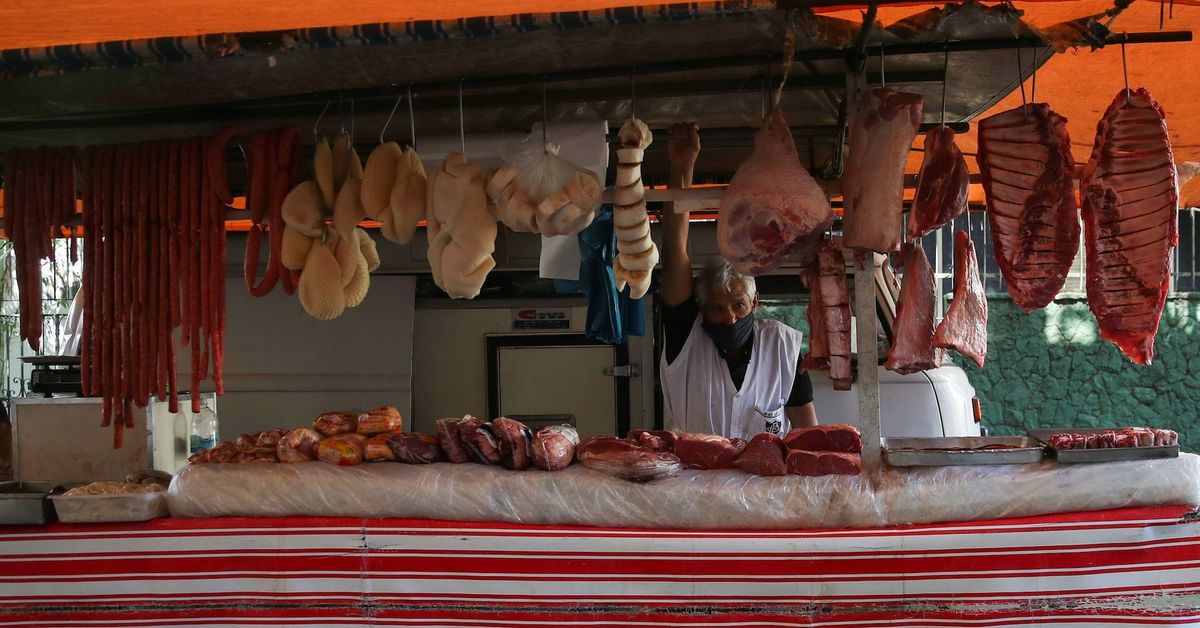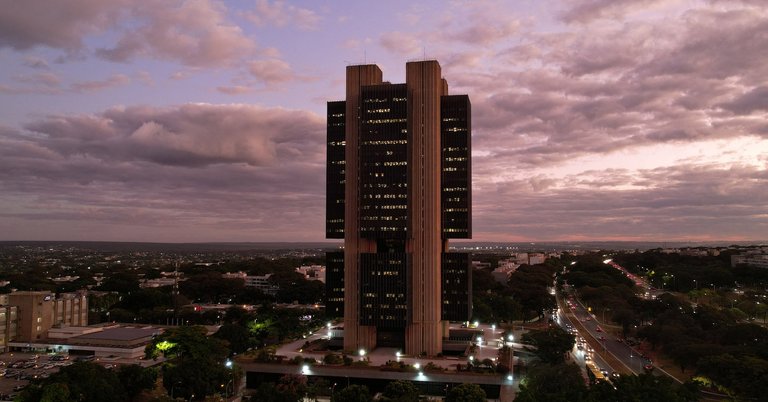 A vendor in Rio de Janeiro back in 2021 (source).
A vendor in Rio de Janeiro back in 2021 (source).Lula da Silva's administration is going through its worst moment, amid a downward popular valuation and growing fiscal tensions. The Brazilian currency bottomed out historically on Wednesday against the dollar—in nominal terms—, and its annual depreciation is already approaching a quarter of its initial value. Yet it performed very well yesterday, Thursday, with a strong rebound of nearly 2.3%, fueled by two strong auctions by the monetary authority totaling US$8 billion. A legislative proposal comprising cuts of $11 billion in Planalto's spending does not calm the doubts of critical financial market players. “It is not the market that needs to be worried about government spending. It is our administration. If I don't rein in spending, if I spend more than I have, it is the poor people who will pay for it,” the Brazilian president said. In this context, the federal government has requested an investigation to determine the impact of a series of fake news spread on Social Media on the money market´s health, alleging a coordinated attack.
The Brazilian political climate has been quite sensitive in recent times to political discussion on social media, mainly concerning the Brazilian electoral system and the incitement to disregard institutionality. The judicial battle between Elon Musk and a powerful local judge has much to do with this dynamic, in a representation of the eternal, dialectical tension between freedom and censorship. Nevertheless, the Brazilian central bank has ruled out that there is “a coordinated speculative attack” against the Brazilian real. Monetary authority´s sources maintain that “it is not correct to treat the market as a monolithic block”, and instead defends that the trend observed stems from concerns associated with the high fiscal deficit—which represents 10% of GDP—and other financial distortions. In any case, moderate economic growth of 3.42% and inflation of around 5% is forecast.
 The Brazilean central bank´s headquarters (source).
The Brazilean central bank´s headquarters (source).El Salvador
The IMF has managed to moderate the Bukele government's stance on the adoption of Bitcoin by private actors, imposing its wary eye towards cryptocurrencies. This issue has been a fundamental concern of the global lender in its relationship with the Central American nation. Under the conditions agreed with San Salvador, which include confining public sector participation in Bitcoin-related activities, the IMF unlocked “US$1.4 billion to support the government's reform agenda”, powered by the IMF's Extended Fund Facility. Negotiations to reach this agreement—still subject to approval by the IMF's Executive Board—spanned ten days until December 14.
With the participation of other major lenders such as the World Bank and the Inter-American Development Bank, a total of US$ 3.5 billion in financial support will be achieved. Further to the agreements linked to Bitcoin adoption, taxes can no longer be paid with this cryptocurrency, while “the government's participation in the crypto e-wallet (Chivo) will be gradually unwound”. One study found that Chivo, planned to boost Bitcoin payments, had little popular use. Nevertheless, the director of the Bitcoin office attached to the Salvadoran presidency stated that the government will continue to buy-even at an accelerated rate-to continue feeding its Strategic Reserve. Currently, the nearly 5970 bitcoins held by El Salvador are valued at approximately US$600 million.
JUST IN: El Salvador buys 11 #bitcoin worth over $1 million for their Strategic Bitcoin Reserve 🇸🇻 pic.twitter.com/Xf04fIH4Jx
— Bitcoin Magazine (@BitcoinMagazine) December 20, 2024
And this is all for our report today. I have referenced the sources dynamically in the text, and remember you can learn how and where to follow the LATAM trail news by reading my work here. Have a nice day.

